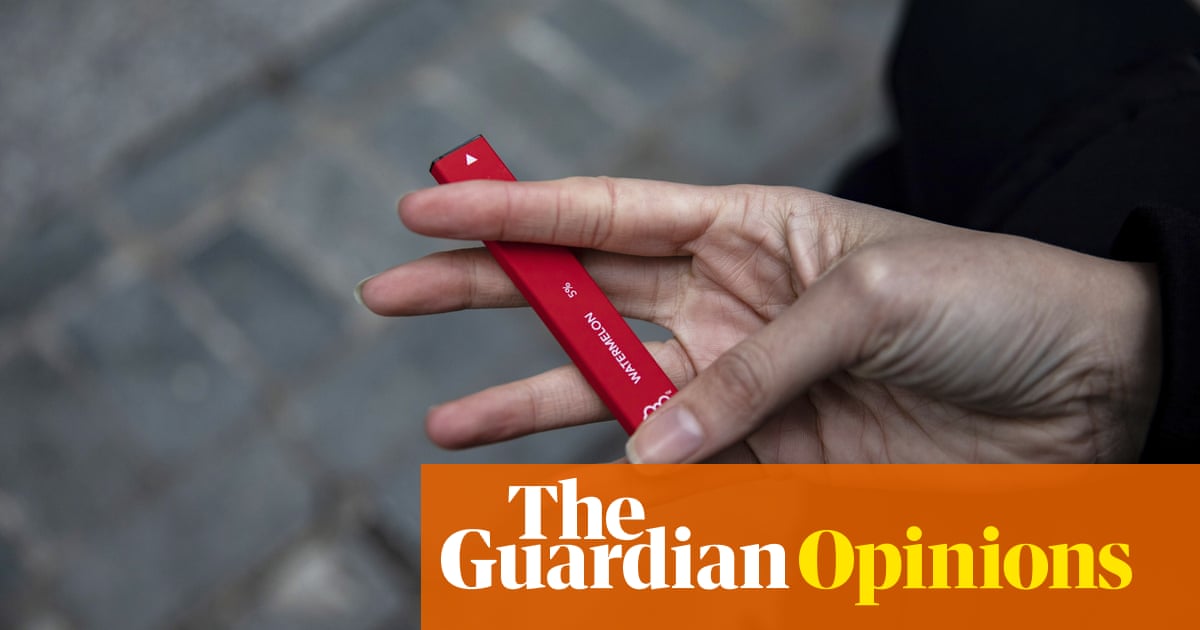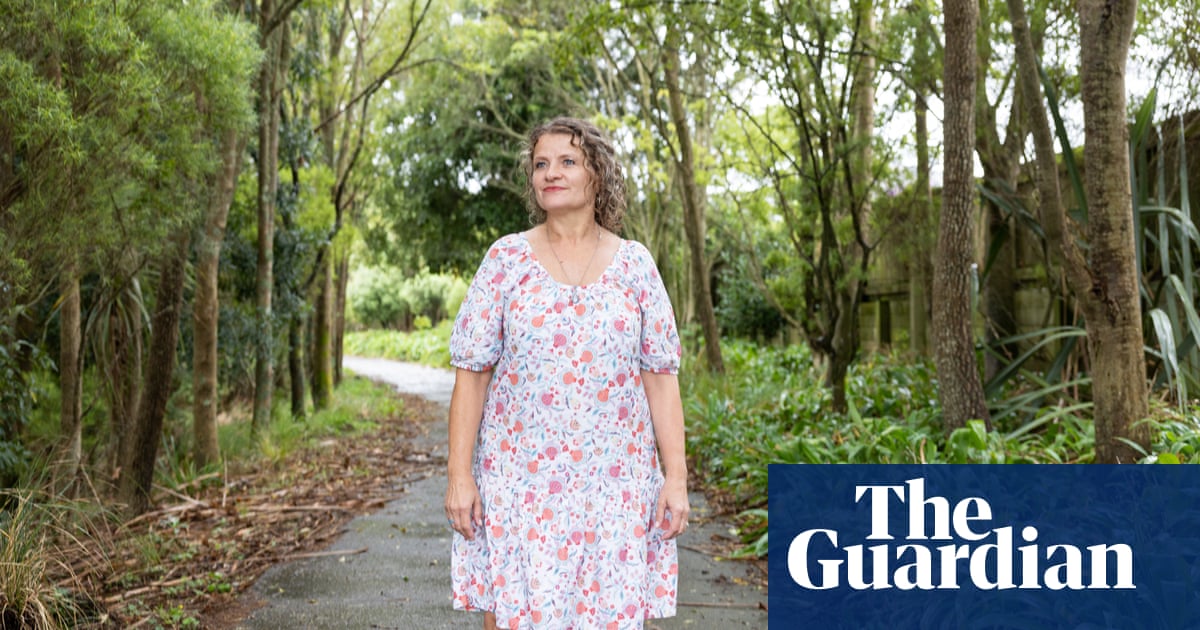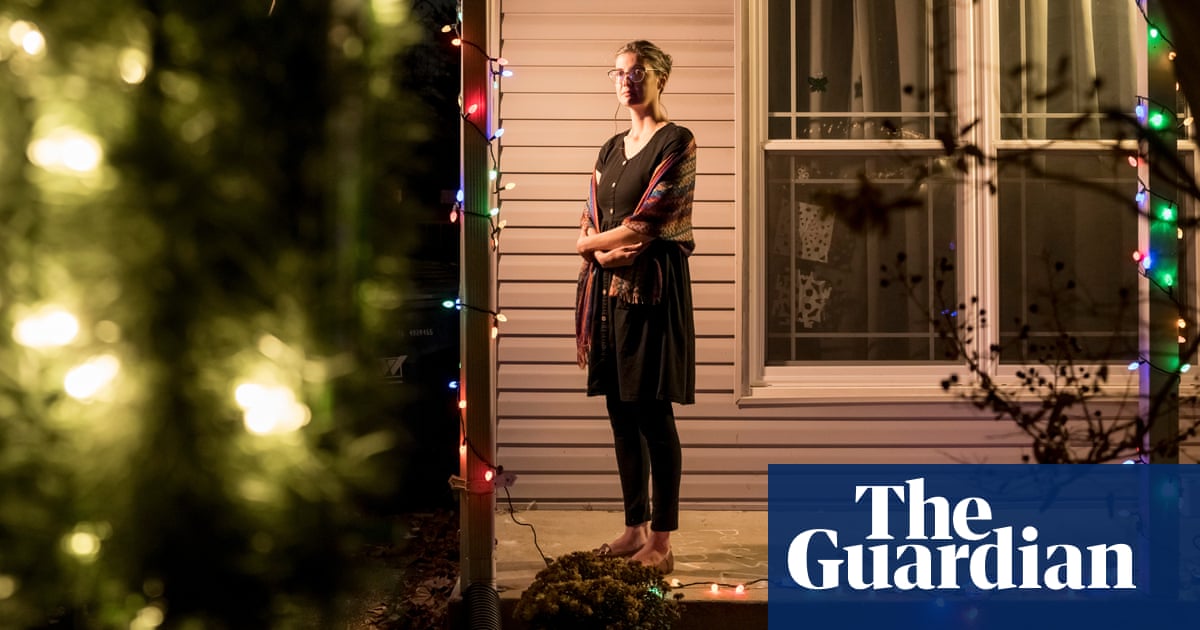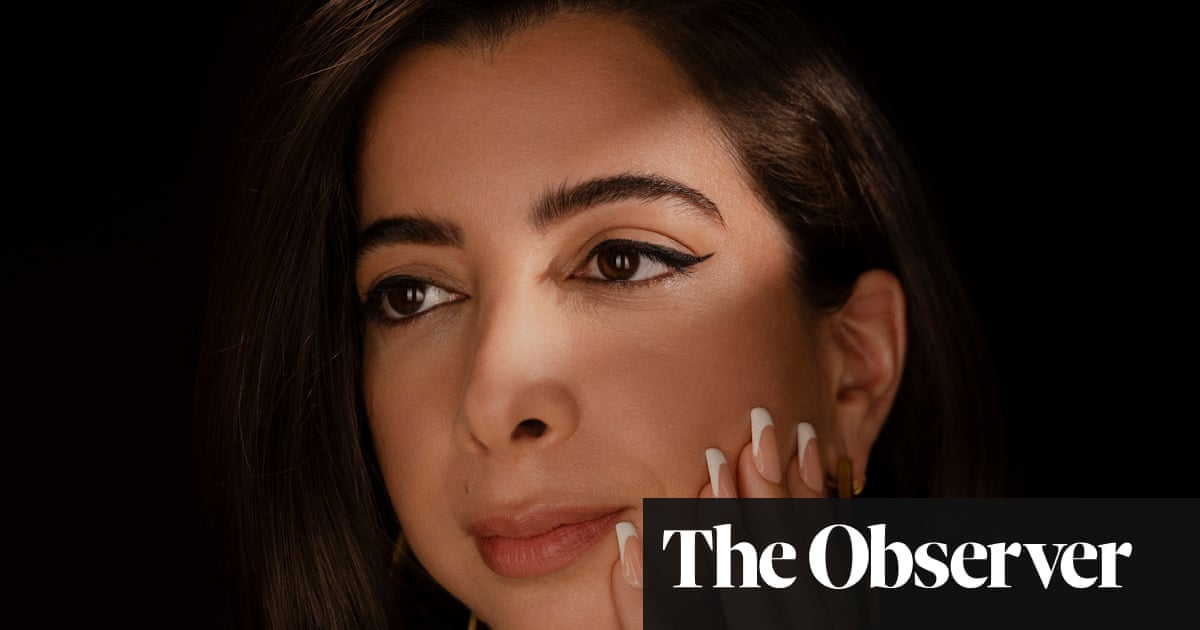
It was five days before Christmas in 2019 and I was 20 weeks pregnant with our second child when a routine scan revealed a hole in her spine and anomalies in her brain.
My husband, Dara, and I already had a one-year-old, Erin. This new pregnancy had been going well and we were looking forward to the arrival of our new daughter.
Then on 20 December, we were invited into the ultrasound room at our local hospital in County Tyrone. The sonographer squeezed cold gel across my stomach and quietly began her work, measuring the foetus’s diaphragm, spine, stomach and brain. It was taking a little longer than it should. “Is everything OK?” I asked.
She said the cerebellum – where the spinal cord connects to the brain – was a worrying shape. There were tiny breaks in her vertebrae, too. “Could it be spina bifida?” I asked. “Yes,” she replied. There was a possibility ours was one of the 0.06% babies whose spines do not properly form in the womb.
In a moment, our lives had changed.
We were referred to a foetal medicine specialist in Belfast on Christmas Eve, and left a houseful of family to drive an hour to the city’s Royal Victoria hospital. The doctor confirmed the diagnosis: an open lesion on the spine, the most severe type of spina bifida, giving her a 50/50 chance of being able to walk. There was a high risk of hydrocephalus – a build-up of fluid on the brain – which can be fatal or cause brain damage. We began fearing the unknown.
He gave us three options: termination, surgery after birth or foetal surgery, which would involve taking her out of the womb, operating and placing her back in.
This third one felt like a wild card. It was very rare and full of risk. It wasn’t a cure but it might improve her outcomes. Over Christmas, we researched further. By the new year, we were clear: anything that could improve her life was worth doing.
The operation had to be done within the month. There were strict NHS criteria and we’d be flown to Leuven, Belgium, for surgery. By late January, we were on the plane. Emotions ran high as we left Erin with her grandparents.
There were 30 people in the operating theatre: doctors, students, anaesthetists. They made an incision in my womb, pulled out the baby and irrigated her in a warm bath while they closed the gap in her spine, using a synthetic skin graft. They then returned her, sewing me back up. I was in theatre for five hours.
When I woke, Dara was beside me. I think the whole experience had been more stressful for him. I was relieved. It had gone well; now my job was to get her as close to her due date as possible.
I flew home nine days later, still in pain, and was on strict bed rest for the remainder of the pregnancy, with weekly scans. I had to watch and wait. Eleven weeks later, I was preparing for my 36-week C-section when I suddenly went into labour three days early.
Dara drove us to Belfast, and I remember being surprisingly calm. I told every medic there that I’d had foetal surgery. It was a month into the pandemic and Dara was only allowed in for the birth.
Maggie arrived at 6pm on 18 April 2020, by caesarean, weighing 6lb 13oz. She was taken to the neonatal ward, where she was monitored closely, then she was placed in an incubator and underwent tests. When I held her for the first time, the next morning, it was overwhelming.
Maggie is two now and is an amazing little girl who is happy, proud and determined. Nothing fazes her.
During her first year, she needed four surgeries to drain fluid from her brain. She has respiratory support at night and wears splints to help her stand. It hasn’t been easy, but now she manages to stand and walk with support. Recently she mastered walking up the stairs, holding my hand.
She is so proud of herself, it’s infectious. I try not to think too far into the future. I don’t know what hers looks like, but I know everything happens for a reason, and I feel lucky that we were one of so few to get that surgery.
Last Christmas, Maggie sat at the foot of our tree. This year, she’ll be standing up, holding her sister’s hand. For all of it, we can only feel grateful.
As told to Deborah Linton












